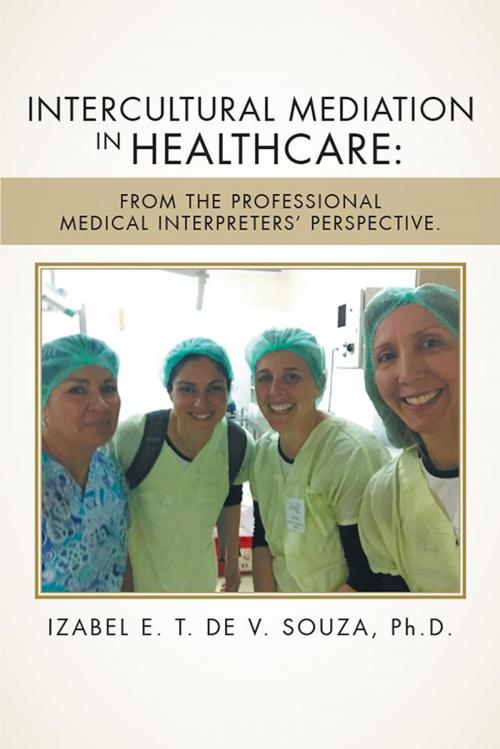Intercultural Mediation in Healthcare:
From the Professional Medical Interpreters’ Perspective.
Nonfiction, Health & Well Being, Self Help| Author: | Izabel E. T. de V. Souza Ph.D. | ISBN: | 9781524512712 |
| Publisher: | Xlibris US | Publication: | August 12, 2016 |
| Imprint: | Xlibris US | Language: | English |
| Author: | Izabel E. T. de V. Souza Ph.D. |
| ISBN: | 9781524512712 |
| Publisher: | Xlibris US |
| Publication: | August 12, 2016 |
| Imprint: | Xlibris US |
| Language: | English |
Cultural differences pose certain complexities to the work of medical interpreters. They face unique, and sometimes conflicting demands from healthcare providers, culturally diverse patients, and their healthcare organizations. It is important for this topic to be explored from the professional interpreters perspective, as they are the ultimate experts of their own practice. Their accounts point to the fact that intercultural mediation is an integral and important part of their work, and that the vast majority of interpreters worldwide is practicing it competently and responsibly. Intercultural Mediation in Healthcare showcases the results of an international doctoral study exploring the perspectives of 458 interpreter practitioners from 25 different countries. The book reveals the intricacies of how interpreters are bridging cultural gaps between providers and patients, with data compiled and cross-referenced from four different sources. Academic research and published standards of practice for the profession were reviewed and analyzed. Interpreters were ultimately given a voice to describe this important component of their work. According to medical interpreters, they play a significant role in intercultural communication mediation: a role that goes well beyond being a linguistic conduit. A deeper understanding of what intercultural mediation is, and what it isnt, is essential not only to interpreters, but also to other related stakeholders: educators, researchers, administrators, and policy makers, or anyone who wishes to better understand where interpreters fit in the provision of culturally and linguistically appropriate services.
Cultural differences pose certain complexities to the work of medical interpreters. They face unique, and sometimes conflicting demands from healthcare providers, culturally diverse patients, and their healthcare organizations. It is important for this topic to be explored from the professional interpreters perspective, as they are the ultimate experts of their own practice. Their accounts point to the fact that intercultural mediation is an integral and important part of their work, and that the vast majority of interpreters worldwide is practicing it competently and responsibly. Intercultural Mediation in Healthcare showcases the results of an international doctoral study exploring the perspectives of 458 interpreter practitioners from 25 different countries. The book reveals the intricacies of how interpreters are bridging cultural gaps between providers and patients, with data compiled and cross-referenced from four different sources. Academic research and published standards of practice for the profession were reviewed and analyzed. Interpreters were ultimately given a voice to describe this important component of their work. According to medical interpreters, they play a significant role in intercultural communication mediation: a role that goes well beyond being a linguistic conduit. A deeper understanding of what intercultural mediation is, and what it isnt, is essential not only to interpreters, but also to other related stakeholders: educators, researchers, administrators, and policy makers, or anyone who wishes to better understand where interpreters fit in the provision of culturally and linguistically appropriate services.















